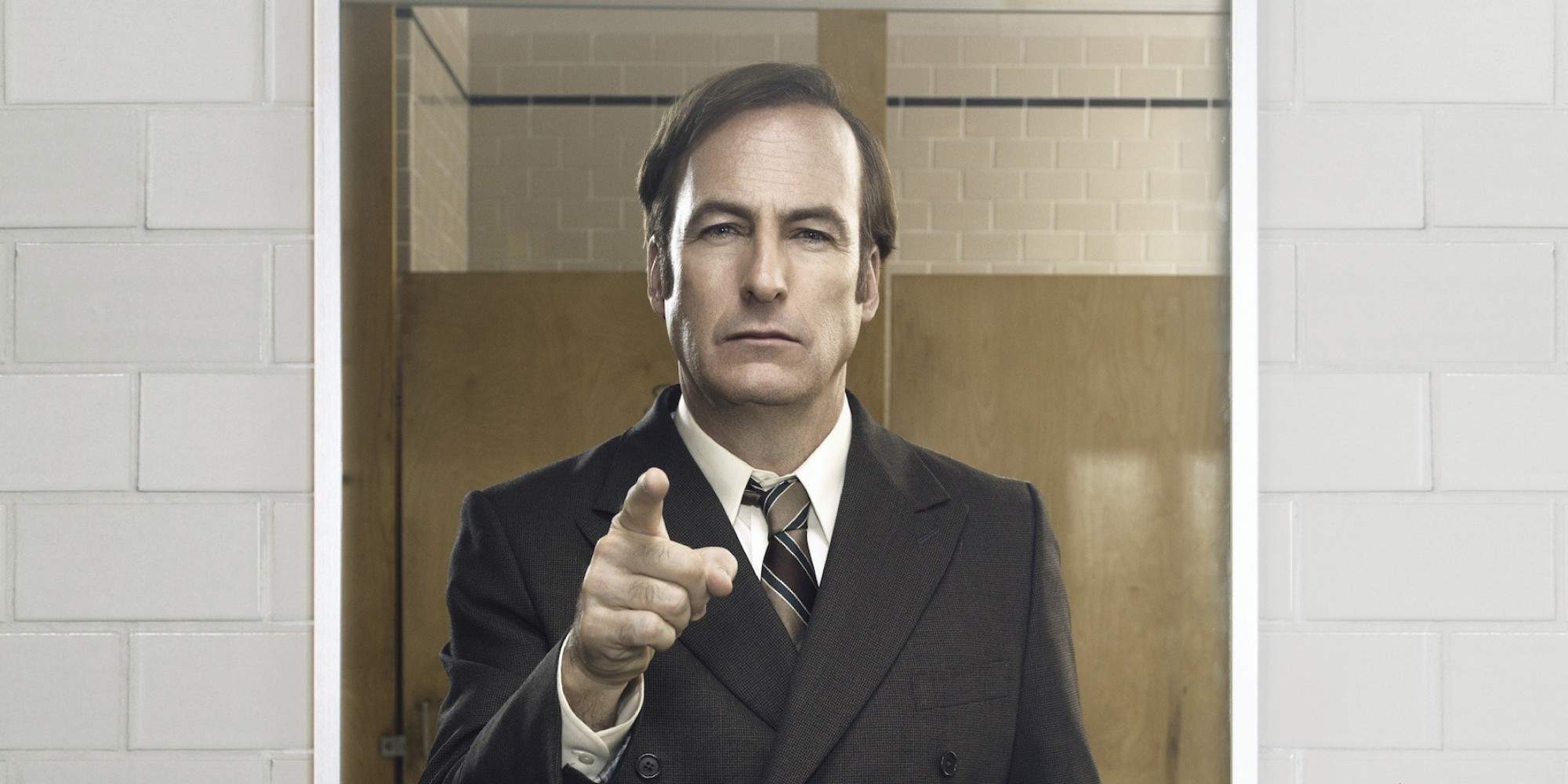
I am hardly alone in admiring contemporary television, whose steep rise in quality has noticeably reduced the amount I read – about which I can’t even claim to feel remorseful. That’s because – admission against interest – the character development in this era’s most accomplished series often equals or exceeds the psychological subtlety, acuity and complexity that were hitherto the sole province of the novel.
A prequel to Breaking Bad, Better Call Saul is plotted on an intentionally smaller scale than its apocalyptic big brother. Still, created by the duo who brought you blue-tinted methamphetamine (Vince Gilligan and Peter Gould), this series about the early career of Walter White’s shyster lawyer also has its gonzo side.
At the heart of this growing box set – the third season airs in 2017 – is the fierce relationship between the cheesy Jimmy McGill (who will become the Saul you’d better call) and his elder brother, Chuck, also an attorney, but the distinguished, reputable sort. Long the family black sheep, Jimmy has finally bootstrapped himself into his brother’s profession with a law degree of dubious provenance. Jimmy admires his brother, whom he’s desperate to please and impress.
Chuck despises his younger brother, whose willingness to cut legal corners he holds in contempt and whose joining the legal fraternity he perceives as an impudent incursion on his territory. But it’s not in Chuck’s interest to tip his emotional hand, if only because he is dependent on Jimmy to take care of him. On indefinite leave from his firm, Chuck has become a shut-in, convinced that he is allergic to electricity.
The viewer is bound to be sceptical, though the script is officially neutral on whether this condition is all in Chuck’s head; after all, the experience of psychosomatic illness can be as painful as the medically verifiable variety. Chuck huddles in his darkened home, bundled in a space blanket, terrified of venturing outside to suffer blasts of toxic energy. Stopping by with provisions, Jimmy routinely leaves his mobile in Chuck’s kerbside postbox. When Chuck braves the agonising rays emitting from traffic cameras and the homes he passes to attend a meeting at his firm, his law partners first have to power down the entire building. Even these colleagues never address whether Chuck is bonkers.
A sleazeball whose commercial instincts are low-rent, Jimmy is nevertheless an innocent. His nature is fundamentally good, though he bends (or breaks) the law to help friends, as he will eventually bend it plenty in the service of his client Walter White. Jimmy is largely blind to the reality that Chuck detests him and can’t see that Chuck is driven to destroy a kid brother who is an unworthy embarrassment. In depicting Jimmy as weak but decent, the show is loyal to the character we met in Breaking Bad: fearful and easily bullied but, up against it, capable of observing through chattering teeth, “Er, maybe you shouldn’t do that.” But Jimmy’s goodness makes him credulous. Should it continue to deepen, the McGill brothers’ death-struggle relationship may earn the label “Shakespearean”.
And don’t get me started on the welcome reprisal of Mike Ehrmantraut, Breaking Bad’s laconic, philosophical hitman, whom we last left bleeding on a riverbank. Who says there’s no life after death? Prequels allow for resurrection! An actor who can deliver interior content in inverse proportion to his number of spoken lines, Jonathan Banks as Mike provides the show’s gravitas.
For the three or four people left in the world who still haven’t seen Breaking Bad, Better Call Saul can stand alone, though being familiar with the characters Jimmy and Mike adds an extra dimension. While not the same (how could it be? Nor should it be) Better Call Saul helps to make up for the end of its adored parent programme. When someone you love dies, it’s both courteous and comforting to invite the surviving progeny round to the house for tea.
[See also: Stranger Things Season 4 review: New episodes are all about “trauma”]






